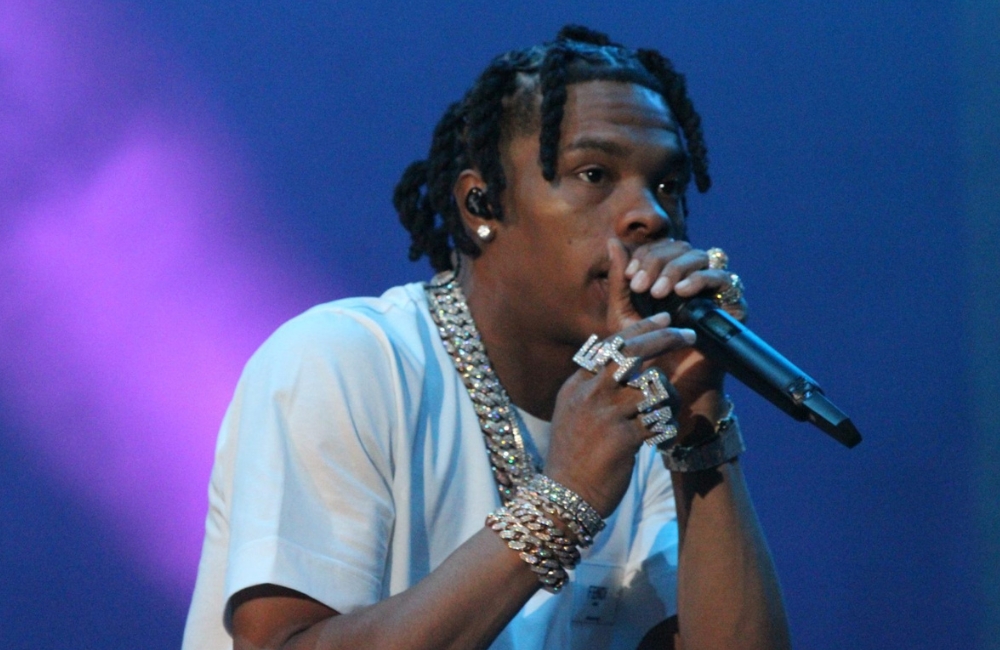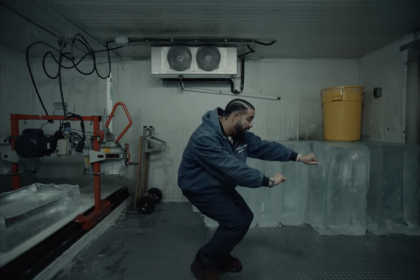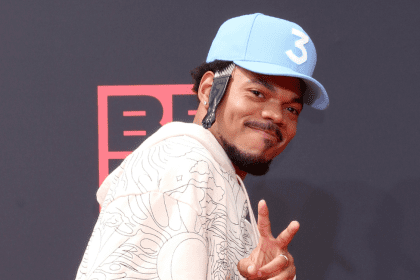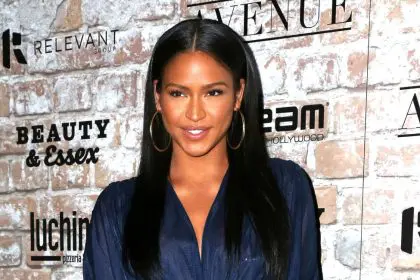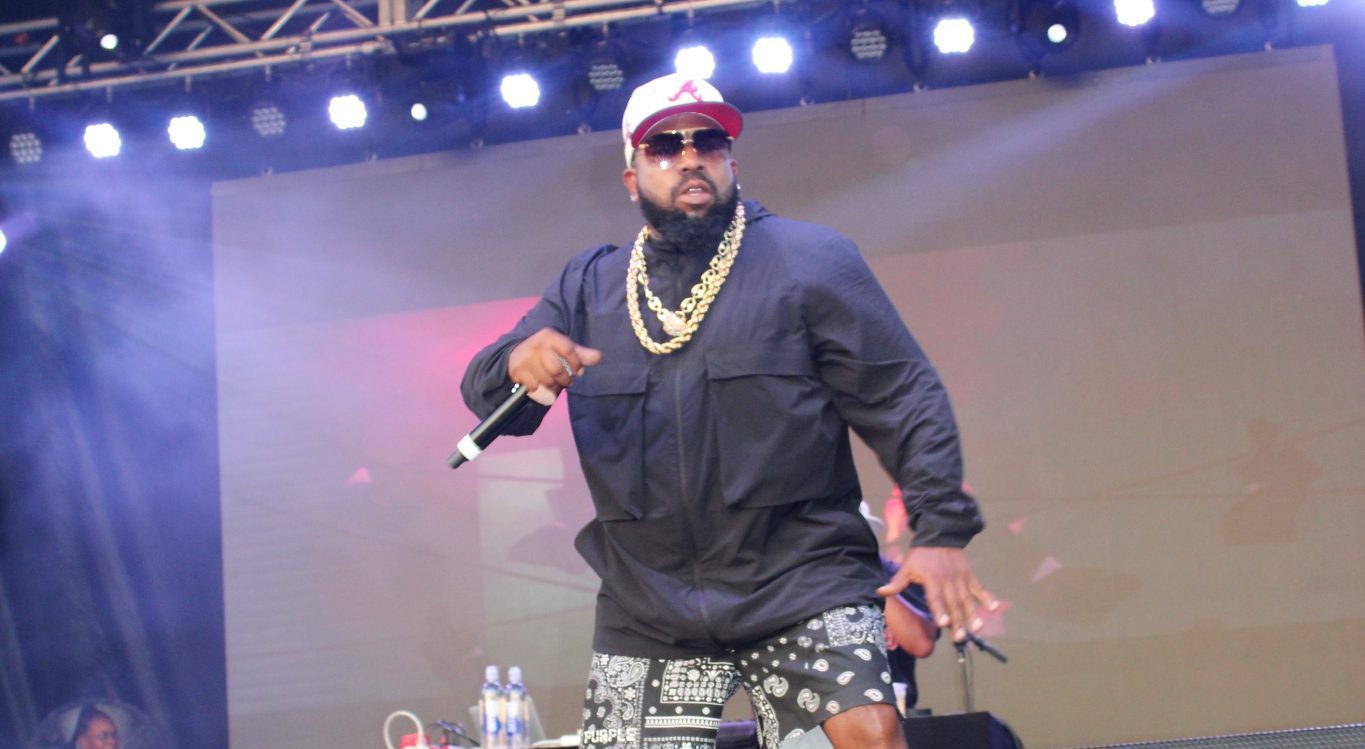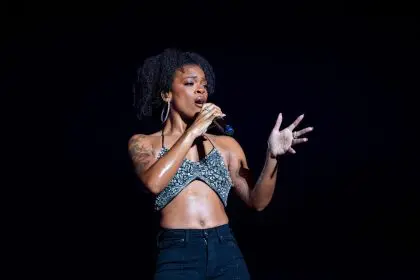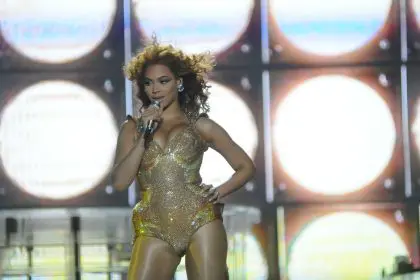A lawsuit has been filed following a shooting incident during a Lil Baby music video shoot, raising questions about security measures at high-profile events. While Lil Baby is not named as a defendant, the case targets his management and production companies.
Kevin Mares, who was shot in the neck during the May incident, is seeking $680,000 in damages. His lawsuit names Quality Control Music, LLC and Shotclock, LLC, alleging they failed to provide adequate security.
Attorney Peter A. Law, representing Mares, argues the defendants should have been aware of high crime rates in the area. The lawsuit claims this negligence contributed to dangerous conditions leading to the shooting.
Two security companies, Cannon Executive Protection Agency, LLC and Tactical Elite Protection Services, LLC, are also named. Mares alleges they subcontracted unapproved and inadequately trained personnel.
The lawsuit states the parties involved “negligently failed to exercise reasonable care in the performance, training and staffing of the specific security services required for an international recording artist production.”
While not implicated in this lawsuit, Lil Baby has faced recent legal issues. In August, he was arrested in Las Vegas for illegal firearm possession. His attorney claims he is legally allowed to carry in Georgia, but Nevada does not recognize out-of-state permits.
This incident highlights ongoing safety concerns at music events, especially those featuring high-profile artists. The entertainment industry has seen increased violence at concerts and video shoots, prompting calls for stricter security measures.
As artists like Lil Baby gain popularity, the need for comprehensive security protocols becomes increasingly critical. The case underscores the potential dangers in the music industry and raises questions about management and production companies’ responsibilities in ensuring safety.
The lawsuit serves as a reminder of the complex interplay between artistic expression and public safety. As the music industry continues to evolve, balancing creative freedom with security concerns remains a significant challenge.
The incident also highlights the legal complexities surrounding high-profile events. With multiple parties involved, including artists, management companies, production firms and security agencies, determining liability can be a complex process.
For Lil Baby, while not directly implicated, the incident could have broader implications for his career and public image. How he and his team respond to this situation could impact his relationship with fans and industry partners.
The case may also prompt a broader industry discussion about safety standards for music video productions. As these shoots often take place in public or semi-public spaces, ensuring the safety of all involved, including bystanders, presents unique challenges.
As the legal proceedings unfold, they may set precedents for how similar incidents are handled in the future. The outcome could influence how artists, management companies and production firms approach security planning for events and video shoots.

